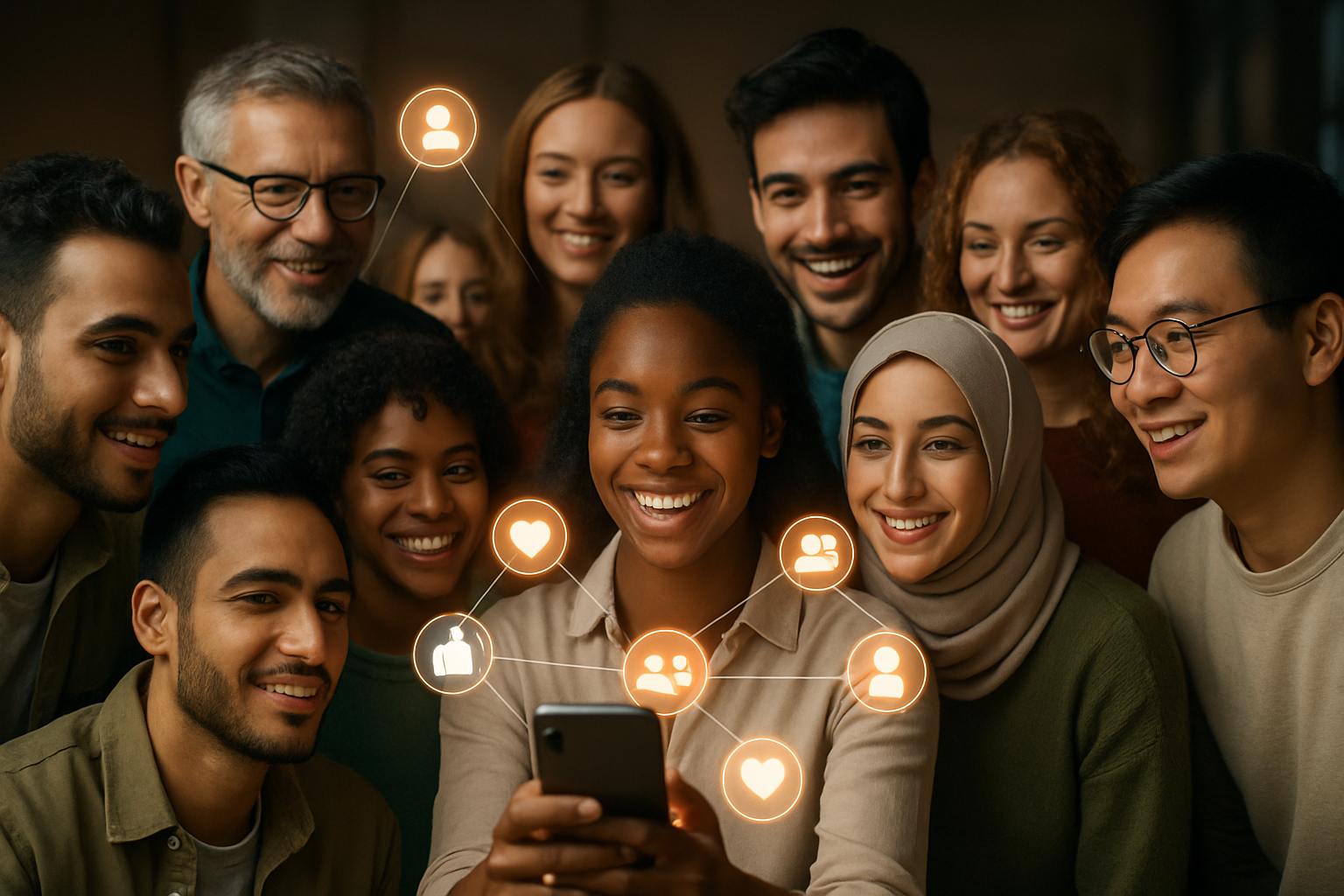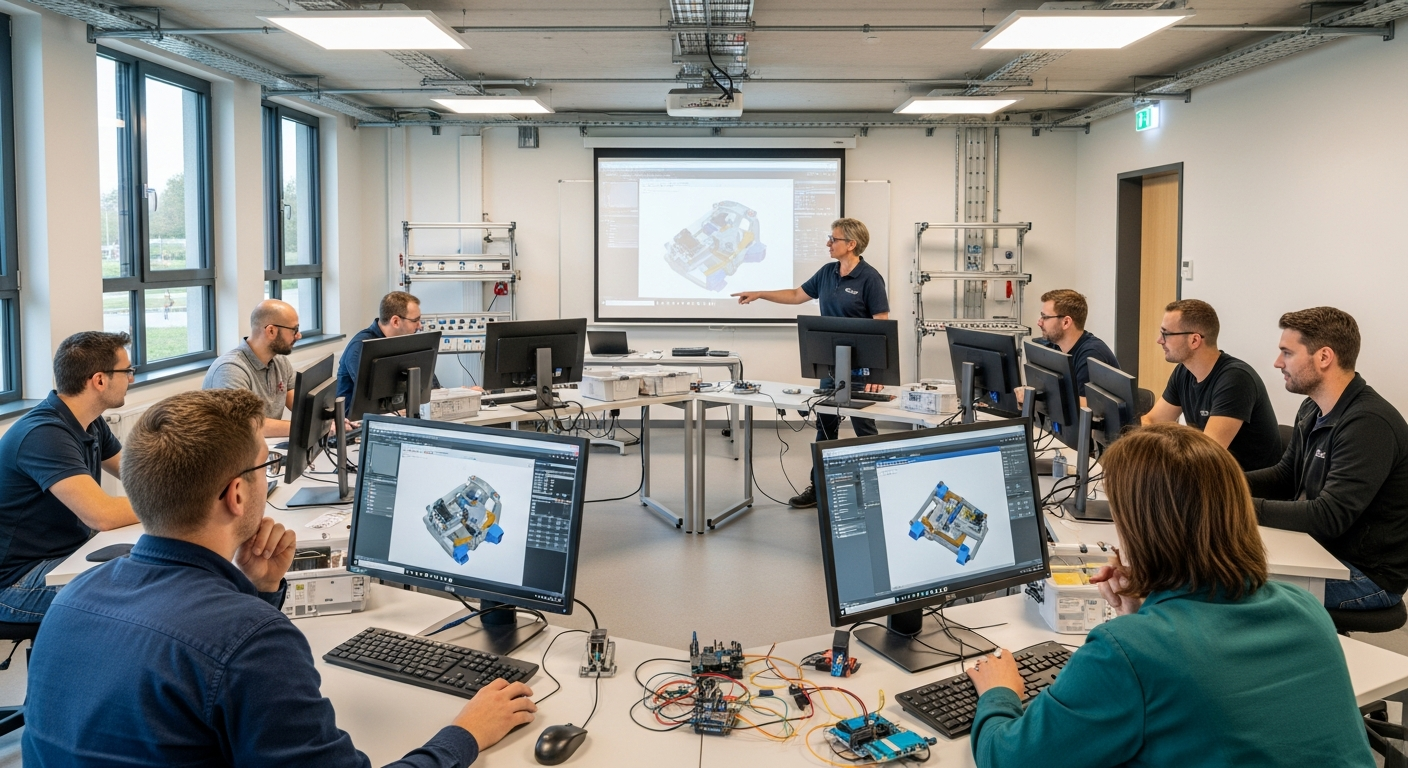Affinity Tribes: The New Social Glue in a Fragmented World
In a world increasingly divided by ideologies and digital echo chambers, a counterintuitive trend is emerging. Affinity tribes - groups of like-minded individuals united by shared passions rather than traditional bonds - are reshaping social dynamics. Read below to explore how these modern communities are redefining connection in our fragmented society.

The roots of this phenomenon can be traced back to the early days of the internet, where forums and chat rooms allowed people with common interests to find each other. However, the explosion of social media platforms and the proliferation of niche content have accelerated the formation and growth of these tribes. Today, whether you’re passionate about sustainable living, vintage synthesizers, or obscure literary genres, there’s likely an affinity tribe waiting to welcome you.
Beyond Traditional Social Structures
Historically, social structures were primarily defined by geographical proximity, familial ties, or institutional affiliations. While these traditional bonds remain important, they are no longer the sole - or even primary - determinants of social connection for many individuals. Affinity tribes offer an alternative framework for belonging, one that aligns more closely with personal interests and values.
This shift is particularly pronounced among younger generations. Millennials and Gen Z, in particular, show a strong tendency to seek out and form connections based on shared passions and ideologies rather than conventional social categories. This trend reflects a broader societal move towards individualism and self-expression, as well as a reaction to the perceived limitations of traditional social structures.
The Psychology of Belonging
The appeal of affinity tribes lies deep in human psychology. Humans have an innate need for belonging and social connection, a need that has been challenged by the increasing atomization of modern society. Affinity tribes offer a solution by providing a sense of community and shared identity.
Research in social psychology suggests that belonging to a group with shared interests can significantly boost self-esteem and overall well-being. It provides individuals with a sense of purpose and validation, as well as opportunities for personal growth and learning. In a world where traditional sources of community are often weakened or absent, affinity tribes fill a crucial psychological need.
Digital Platforms and Global Connections
The rise of affinity tribes is inextricably linked to the development of digital technologies. Social media platforms, online forums, and specialized apps have made it easier than ever for people to find and connect with others who share their interests, regardless of physical location.
This global connectivity has led to the formation of diverse and highly specialized communities. Whether it’s a group dedicated to rare plant cultivation, enthusiasts of a particular style of electronic music, or advocates for a specific social cause, these tribes can now form and thrive on a global scale. The digital nature of these connections also allows for a level of engagement and interaction that was previously impossible, fostering deeper and more meaningful relationships among tribe members.
Challenges and Criticisms
While affinity tribes offer many benefits, they are not without their critics. Some sociologists argue that the proliferation of these niche communities contributes to social fragmentation and the erosion of broader societal cohesion. There are concerns that as people increasingly gravitate towards like-minded individuals, they may become less exposed to diverse perspectives and experiences.
Additionally, the echo chamber effect - where beliefs are amplified or reinforced within closed systems - is a potential downside of affinity tribes. This can lead to polarization and the reinforcement of existing biases, particularly in tribes centered around ideological or political beliefs.
The Future of Social Cohesion
As affinity tribes continue to shape social dynamics, questions arise about their long-term impact on society. Will these tribes replace traditional forms of community entirely, or will they coexist with and complement existing social structures? The answer likely lies somewhere in between.
Affinity tribes have the potential to foster connections across traditional social boundaries, bringing together individuals who might otherwise never interact. This cross-pollination of ideas and experiences could lead to greater understanding and empathy on a global scale. However, it will be crucial to find ways to balance the benefits of these niche communities with the need for broader social cohesion and exposure to diverse perspectives.
As we move forward, the challenge will be to harness the positive aspects of affinity tribes - their ability to provide belonging, support personal growth, and facilitate global connections - while mitigating potential negative effects like social fragmentation and ideological isolation. The future of social cohesion may well depend on our ability to navigate this delicate balance.






